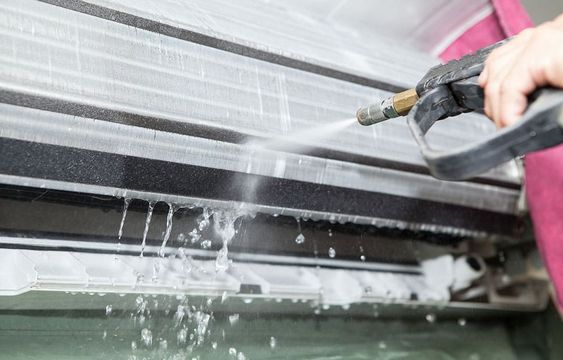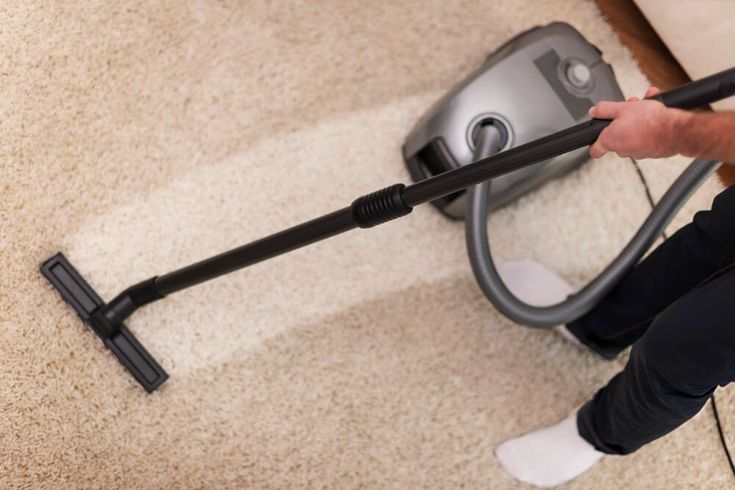
Basement waterproofing is a crucial aspect of home maintenance that often goes overlooked. Many homeowners underestimate the importance of keeping their basements dry and fail to realize the potential consequences of neglecting this task. However, basement waterproofing is essential for protecting your home from flooding, mold growth, and structural damage. In this article, we will explore the importance of basement waterproofing, discuss various techniques for preventing basement flooding, highlight the benefits of professional waterproofing services, provide tips for choosing the right waterproofing solution, and offer guidance on maintaining a waterproofed basement.
The Importance of Waterproofing Your Basement
One of the main reasons why basement waterproofing is so important is because it helps prevent flooding. A flooded basement can cause significant damage to your home and belongings. It can ruin furniture, appliances, and personal items, and it can also lead to structural damage if not addressed promptly. Additionally, a flooded basement can create the perfect environment for mold growth, which can pose serious health risks to you and your family.
Another consequence of not waterproofing your basement is the potential for structural damage. When water seeps into your basement, it can weaken the foundation and compromise the structural integrity of your home. Over time, this can lead to cracks in the walls and floors, sagging or uneven floors, and even foundation settlement. These issues can be costly to repair and may require extensive renovations.
Waterproofing Techniques to Prevent Basement Flooding
There are several techniques that can be used to waterproof a basement and prevent flooding. One common method is interior waterproofing, which involves applying a sealant or waterproof coating to the interior walls and floors of the basement. This helps to create a barrier that prevents water from seeping into the space.
Exterior waterproofing is another effective technique that involves excavating around the foundation of the home and applying a waterproof membrane or coating to the exterior walls. This method helps to redirect water away from the foundation and prevent it from entering the basement.
French drains are another popular option for basement waterproofing. A French drain is a trench filled with gravel or rock that is installed around the perimeter of the basement. It collects water and directs it away from the foundation, preventing it from entering the basement.
Sump pumps are also commonly used in basement waterproofing. A sump pump is a device that is installed in a pit in the basement floor. It automatically pumps out any water that enters the pit, preventing it from flooding the basement.
The Benefits of Professional Basement Waterproofing Services
While some homeowners may attempt to waterproof their basements themselves, there are several benefits to hiring a professional waterproofing company. One of the main advantages is their expertise and experience in dealing with basement waterproofing. Professionals have a deep understanding of the various techniques and materials used in waterproofing and can provide expert advice on the best solution for your specific needs.
Professional waterproofing companies also have access to specialized equipment and tools that may not be readily available to homeowners. This allows them to complete the job more efficiently and effectively. Additionally, many professional waterproofing companies offer warranties on their work, providing homeowners with peace of mind knowing that they are protected if any issues arise in the future.
How to Choose the Right Waterproofing Solution for Your Basement
When choosing a waterproofing solution for your basement, there are several factors to consider. First, you should take into account the age of your home. Older homes may require more extensive waterproofing measures, as they may have more vulnerabilities and potential issues.
The severity of the problem is another important factor to consider. If you have noticed signs of water damage or have experienced flooding in your basement, you may need a more comprehensive waterproofing solution. On the other hand, if you are simply looking to prevent future issues, a less invasive method may be sufficient.
Budget is also a key consideration when choosing a waterproofing solution. It is important to weigh the cost of the solution against the potential cost of future repairs or damage caused by water intrusion. While professional waterproofing services may be more expensive upfront, they can save you money in the long run by preventing costly repairs.
Signs Your Basement Needs Waterproofing Services

There are several signs that indicate your basement may be in need of waterproofing services. One common sign is a musty odor. If you notice a damp, musty smell in your basement, it could be a sign that water is seeping in and creating a breeding ground for mold and mildew.
Water stains on the walls or floors of your basement are another telltale sign that you may have a waterproofing issue. These stains are often caused by water seeping through cracks or gaps in the foundation.
Cracks in the foundation are another sign that your basement may need waterproofing. These cracks can allow water to enter the basement and cause damage to the structure of your home.
The Process of Basement Waterproofing: What to Expect
The process of basement waterproofing typically involves several steps. The first step is an inspection, where a professional will assess the current condition of your basement and identify any areas of concern. They will then develop a plan for waterproofing based on their findings.
Once the plan is in place, the next step is preparation. This may involve clearing out any belongings or furniture from the basement and protecting them from potential damage during the waterproofing process.
The actual installation of the waterproofing system is the next step. This can vary depending on the chosen method, but it typically involves applying sealants or coatings to the walls and floors, installing drainage systems or French drains, and potentially installing a sump pump.
After the installation is complete, it is important to monitor the system and perform regular maintenance to ensure its effectiveness. This may involve checking for leaks, cleaning gutters and downspouts, and monitoring humidity levels in the basement.
Common Waterproofing Materials Used in Basement Renovations
There are several common materials used in basement waterproofing. One of the most commonly used materials is a sealant or waterproof coating. These products are applied to the interior or exterior walls and floors of the basement to create a barrier that prevents water from seeping in.
Membranes are another popular option for basement waterproofing. These are typically applied to the exterior walls of the basement and act as a barrier against water intrusion.
Drainage systems, such as French drains, are often used in conjunction with other waterproofing methods. These systems collect water and direct it away from the foundation, preventing it from entering the basement.
Sump pumps are another common component of basement waterproofing systems. These devices automatically pump out any water that enters the basement, preventing flooding.
How Waterproofing Can Increase Your Home’s Value
In addition to protecting your home from potential damage, waterproofing your basement can also increase its value. A dry, usable basement is an attractive feature for potential buyers and can significantly increase the market value of your home.
By preventing future water damage and mold growth, waterproofing can also save you money on repairs and maintenance in the long run. This can be particularly beneficial if you plan on selling your home in the future, as it can give potential buyers peace of mind knowing that they won’t have to deal with costly issues down the line.
DIY vs. Professional Basement Waterproofing: Which is Best?
When it comes to basement waterproofing, there is often a debate between DIY solutions and hiring a professional. While there are some tasks that homeowners can tackle themselves, such as applying sealants or coatings to the interior walls, more complex waterproofing methods are best left to the professionals.
Professional waterproofing companies have the knowledge, experience, and specialized equipment needed to properly waterproof a basement. They can assess the specific needs of your home and develop a customized solution that will effectively prevent water intrusion.
While DIY solutions may be more cost-effective upfront, they can often lead to more problems in the long run if not done correctly. It is important to weigh the potential cost savings against the potential risks and consider the long-term benefits of hiring a professional.
Maintaining Your Waterproofed Basement: Tips and Tricks
Once your basement has been waterproofed, it is important to properly maintain it to ensure its effectiveness. Regular maintenance can help prevent future issues and prolong the lifespan of your waterproofing system.
One important maintenance task is checking for leaks. Regularly inspect the walls and floors of your basement for any signs of water intrusion, such as damp spots or water stains. If you notice any issues, it is important to address them promptly to prevent further damage.
Cleaning gutters and downspouts is another important maintenance task. Clogged gutters can cause water to overflow and pool around the foundation, increasing the risk of water intrusion in the basement. Regularly clean out gutters and ensure that downspouts are directing water away from the foundation.
Monitoring humidity levels in the basement is also crucial for maintaining a waterproofed space. High humidity can create the perfect environment for mold growth, so it is important to keep humidity levels in check. Consider using a dehumidifier if necessary.
In conclusion, basement waterproofing is an essential aspect of home maintenance that should not be overlooked. It helps protect your home from flooding, mold growth, and structural damage, and can significantly increase its value. Whether you choose to tackle the task yourself or hire a professional waterproofing company, it is important to take action to protect your home and ensure its longevity. By understanding the importance of basement waterproofing, considering the various techniques and materials available, and properly maintaining your waterproofed basement, you can enjoy a dry, usable space for years to come.




